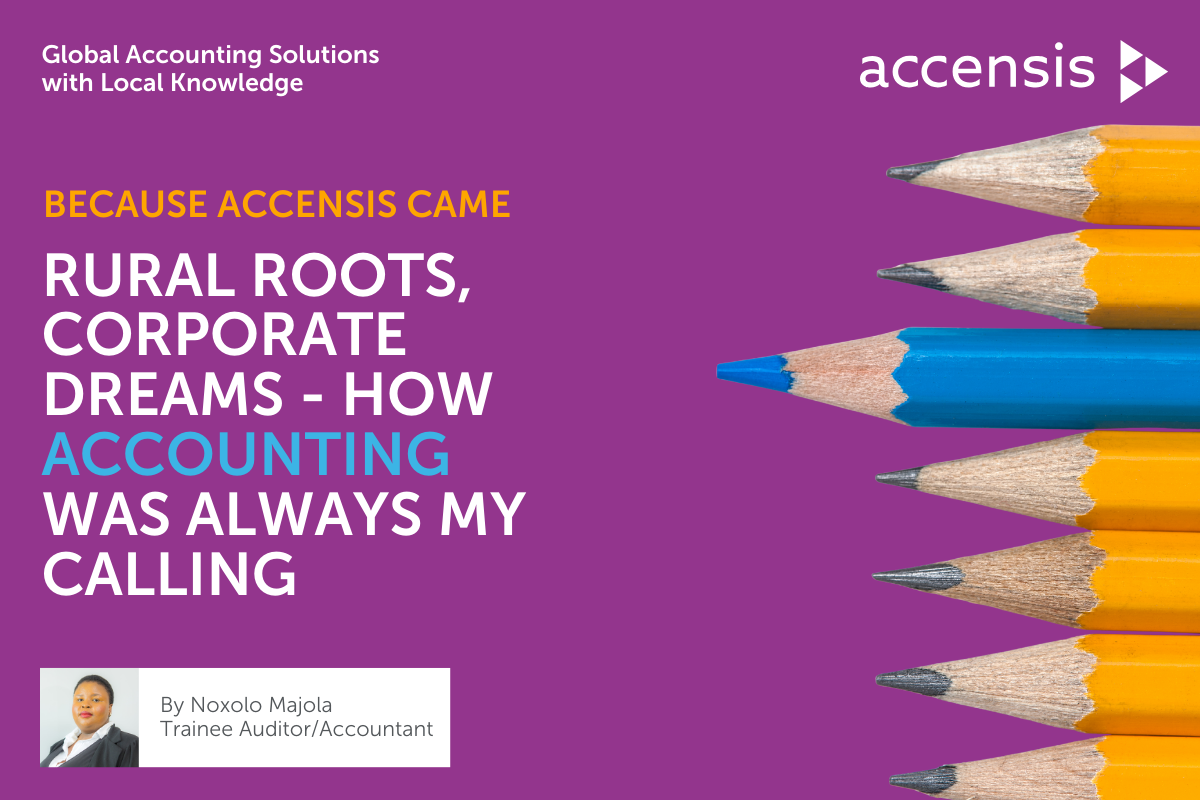Is a stokvel right for you? - How I learned to stop spending and trust the ‘OG bank’
.png)
Growing up in an African household, I often heard the word "stokvel" at home, church, or in gatherings dominated by elderly women.
Back then, I didn't quite understand what it meant. I just knew that on the last Saturday of every month, my mom had a meeting to attend. Payment was always involved, and I remember how serious she was about it.
As I got older, I finally grasped the concept.
What is a stokvel?
A stokvel is a savings club: a popular and communal way for people to save money together, widely practised in South Africa for decades. It has roots in the word stock fair - referring to the 18th-century practice of rotating cattle auctions of English settlers in the Eastern Cape.
Over time, these stokvels have evolved into different types.
There are:
- Rotating stokvels - Members contribute a set amount each month, and one member receives the payout based on a predetermined roster.
- December stokvels - Contributions are made throughout the year, and the payout is distributed in early December. It's just in time to cover festive season expenses.
Nowadays, stokvels come in many forms, tailored to the financial goals of each group.
But the real question is, how effective is a stokvel when saving money?

The Benefits
- Discipline and Commitment – Joining a stokvel enforces financial discipline. You are obligated to stick to a monthly contribution. Eg. That R1000 you contribute monthly is non-negotiable. Consistency builds a solid saving habit.
- Access to a Lump Sum – Depending on the stokvel's payout structure, you receive a significant amount at once, which can help you settle debts or cover major expenses.
- A Strong Support System – A stokvel is more than just a savings mechanism; it's a community. The regular meetings foster discussions about personal finances and even provide social support.
- Banking Benefits – Banks have recognized the importance of stokvels and now offer specialized accounts with low banking fees to cater to these savings groups.
The Downfalls
- Risk of Fraud – Unfortunately, the most significant risk is mismanagement or outright theft. Every year, there are stories of treasurers disappearing with the money just before the big December payout, leaving members devastated.
- No Interest Earned – Unlike an interest-bearing investment account, stokvel funds usually don't grow. You only get back what you put in, which means you miss out on potential earnings.
- Limited Access to Funds – One of the biggest frustrations is that you can't access your money whenever you need it.
No matter how urgent your situation, you must wait for the agreed-upon payout date.
At the beginning of this year, I decided to join a stokvel. Knowing that I'm setting aside R1000 every month without the temptation of reckless spending has been great. Soon, I'll be receiving my lump sum, and I already have plans for it. Knowing this money has accumulated rather than disappeared into unnecessary expenses is reassuring.
A stokvel is a great way to save, especially if you struggle with financial discipline. However, it's crucial to:
- Join a reliable group
- Ensure transparency in financial management
- and understand the limitations.
While it may not be the best option for wealth growth due to the lack of interest, the structured savings approach and community support make it an appealing choice - You can lay the foundation for incredible saving habits.
Whether a stokvel is right depends on your financial goals and how much control you want over your savings. Deciding on your future savings approach? Discover financial planning


.png)
.png)
.png)
